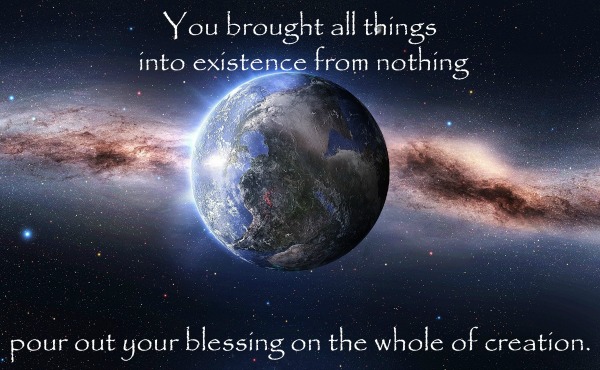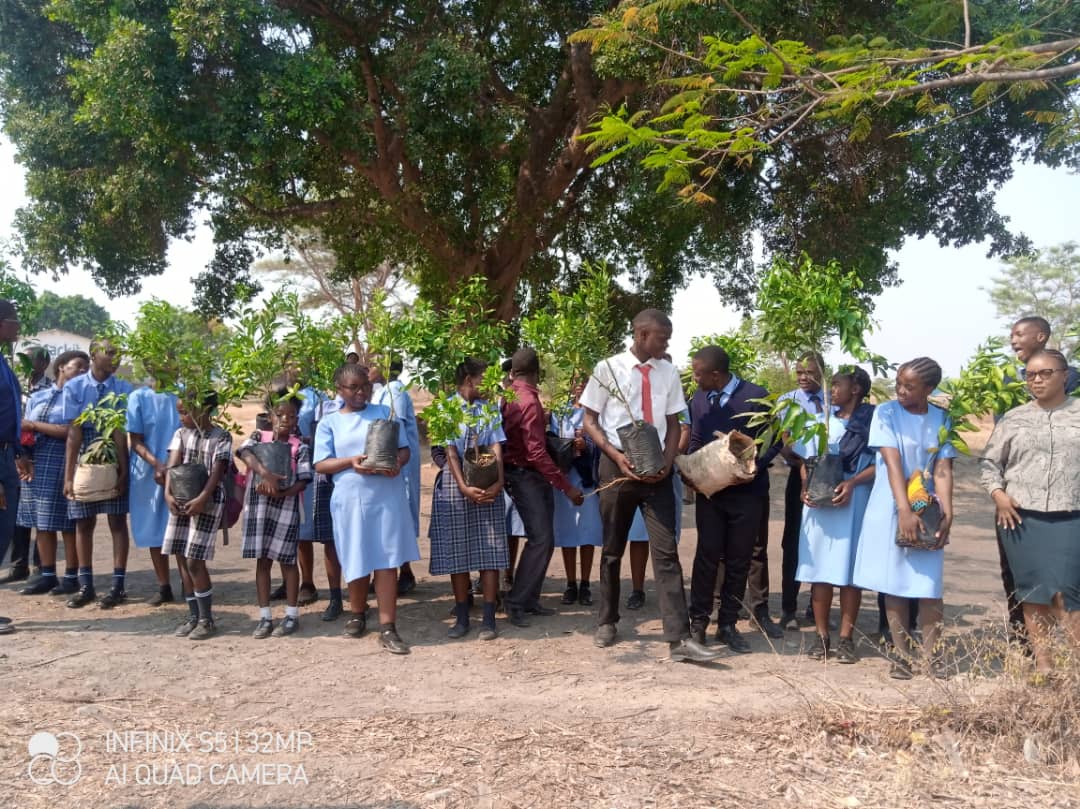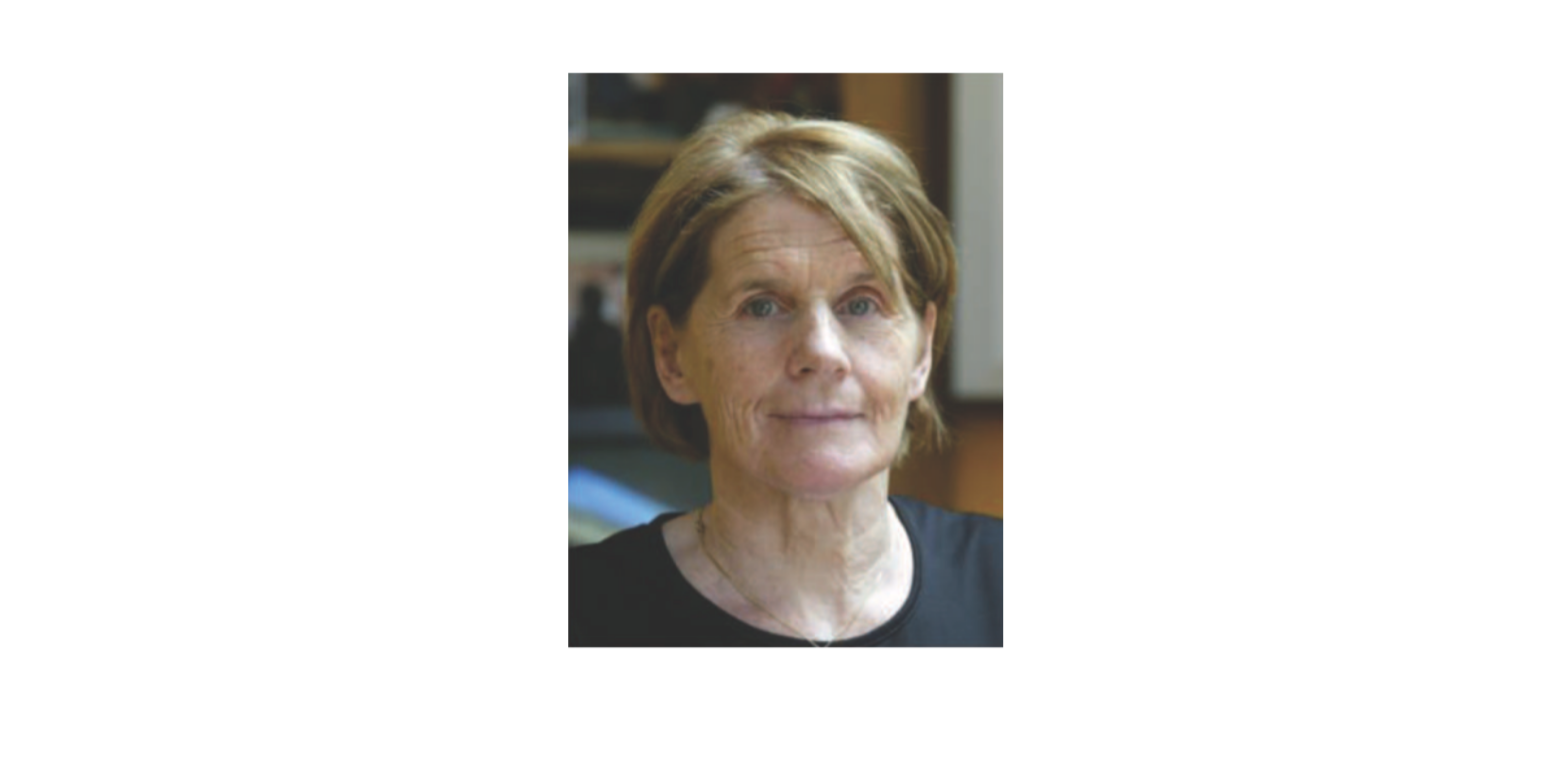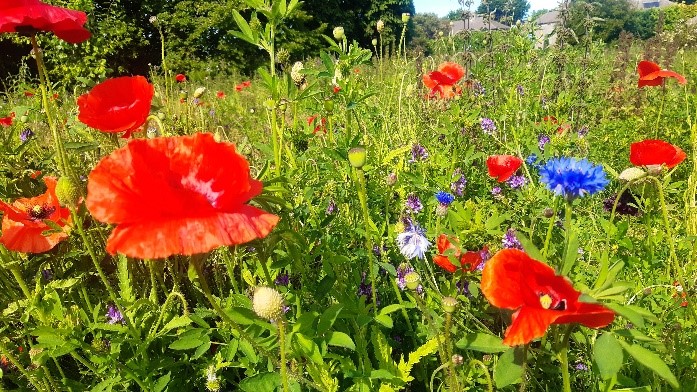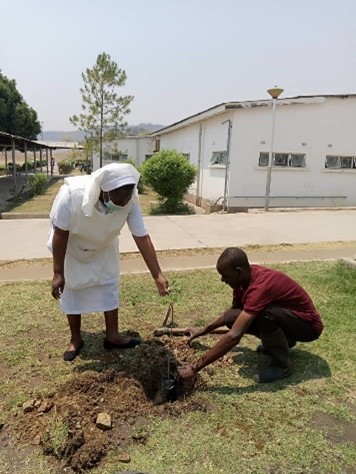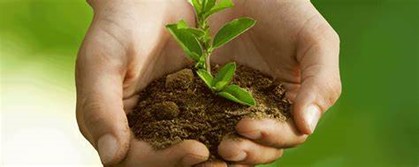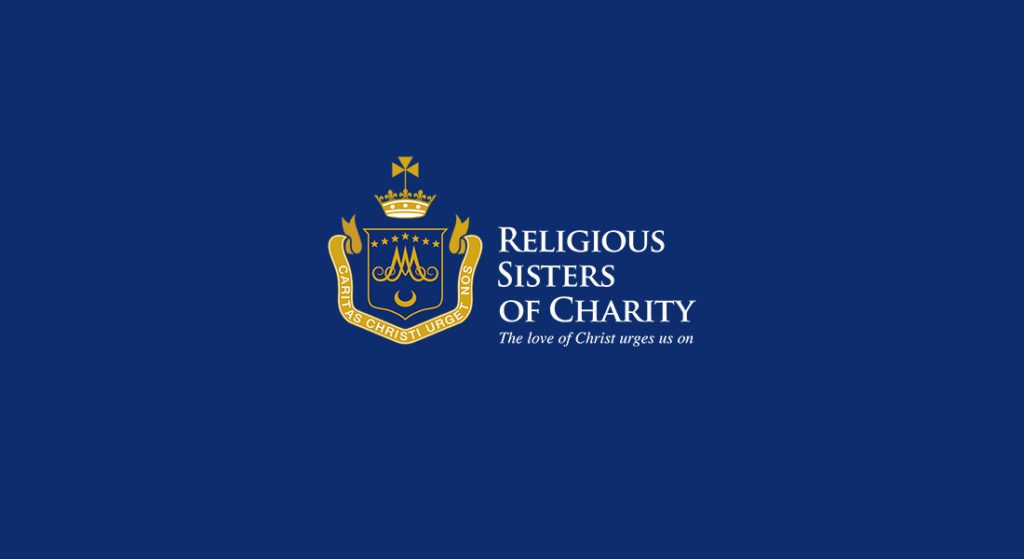
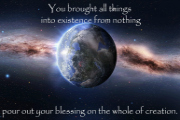 Sr Madeleine Meagher writes from California: Why do we fail to hear the cry of the poor and the cry of the earth? I believe we must start with our inner life in order to make changes. This involves a consciousness of and reflecting on our attitudes toward creation.
Sr Madeleine Meagher writes from California: Why do we fail to hear the cry of the poor and the cry of the earth? I believe we must start with our inner life in order to make changes. This involves a consciousness of and reflecting on our attitudes toward creation.
Anthropocentrism describes the view that humans are more important and central than the rest of creation. An anthropocentric view affords little value to the earth and non-human creatures. Dan Horan states “We tend to structure our ethics anthropocentrically, relegating non-human creation to a place of instrumentality.”
Generally there are three ways of approaching creation,
1. The Dominant way where we regard the earth for our use or our property to do with it what we like.
2. The second way is the Stewardship; the planet was not created for human use alone but entrusted to human beings for care, cultivation, and sharing.
3. The third is Kinship or Community of Creation Way. “This Kinship attitude does not measure differences on a scale of higher or lower ontological dignity but appreciated them as integral elements in the robust thriving of the whole”. (Elizabeth Johnson CSJ)
Francis of Assisi understood the kinship model intuitively, mystically and prophetically. In his Canticle he talks about Brother Sun and Sister Moon. He has a great reverence and an intimacy with creation. Pope Francis reminds us that St. Francis “shows us just how inseparable the bond is between concern for nature, justice for the poor, commitment to society and interior peace”. (LS 10) And again, he says “Our relationship with the environment can never be isolated from our relationship with others and with God. Otherwise, it would be nothing more than romantic individualism dressed up in ecological garb, locking us into a stifling immanence.” (LS 119)
I am reminded of my limited knowledge of ecology many years ago. When I became aware that the earth does not belong to us humans but we belong to the earth it was as though a light bulb went off in my head and a real awakening. After all, the earth was here millions of years before us. Clearly, we humans are not the center of creation. Today, we are discovering we can contribute to its health or destruction. We see how Global Warming is responsible for destruction such as extreme temperatures, flooding, storms, tornados, loss of life both humans and animals, and increases in diseases and in poverty.
Dan Horan writes “We can feel helpless in the face of the destruction or we can take action.” Let us remember that creation is the dwelling place of the Divine in and through and among us and let’s act for the preservation of God’s wonderful creation in all its rich diversity.
